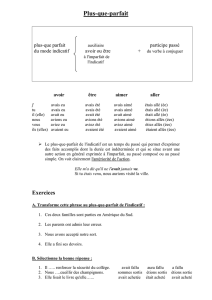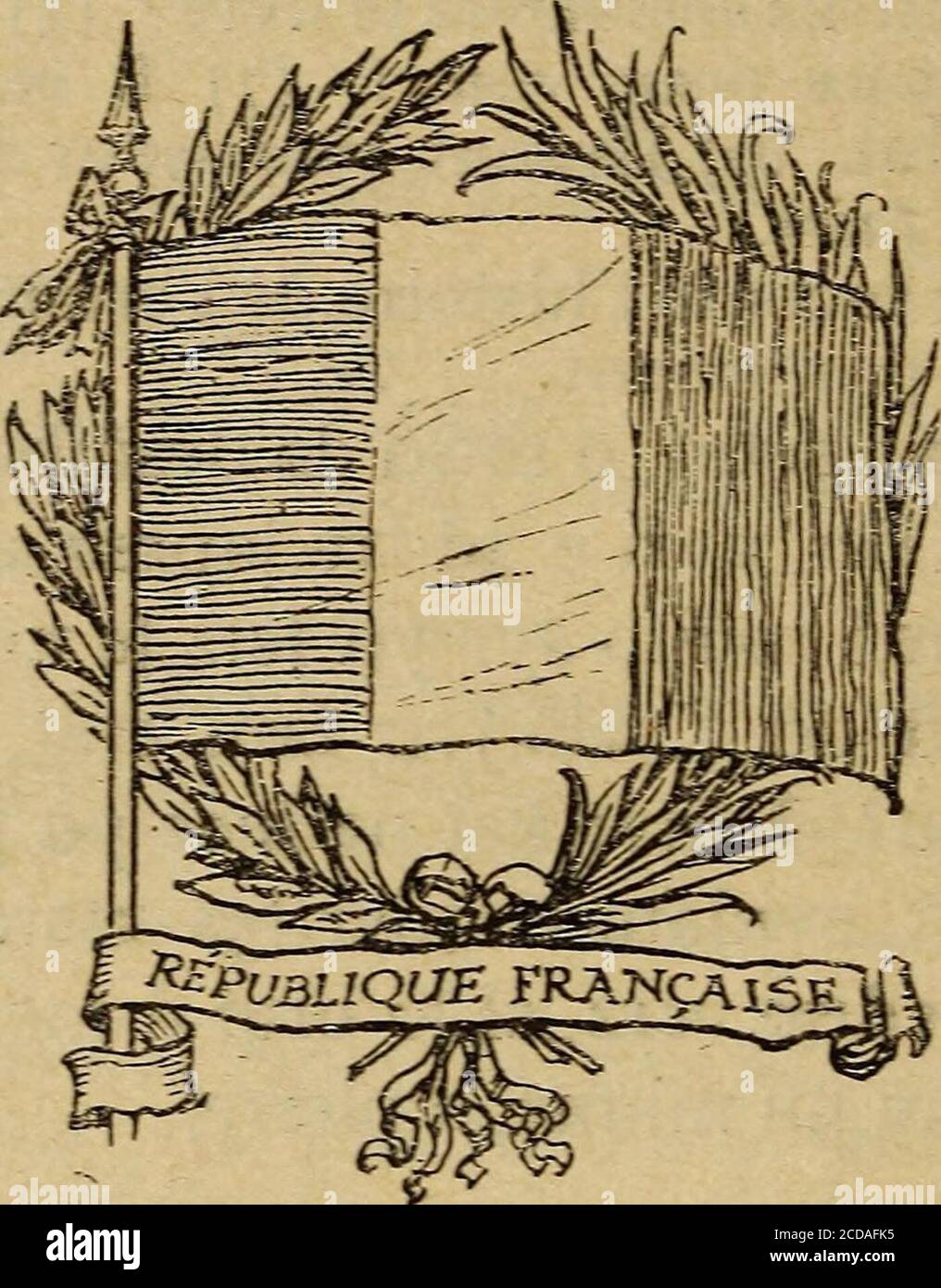
In short, it’s said that these verbs must use être when there is no direct object and avoir when there is a direct object. These are also sometimes called the “verbs of the house” (les verbes de la maison). DR MRS VANDERTRAMP is an acronym to help learners remember which verbs take être as their auxiliary. Verbs that take être are referred to as the DR MRS VANDERTRAMP verbs. When to Use Être as an Auxiliary Instead of AvoirĪgain, most verbs take avoir as an auxiliary in a compound tense. With the passé composé, almost all French verbs take avoir as an auxiliary, but there are a select few that take être. We’ll get into those below, but all you need to know about using avoir as an auxiliary is that it’s the default. When to Use Avoir as an Auxiliary Instead of Être The two examples above are in the passé composé. In compound verb tenses, both verbs come before the main verb (or the participle) and conjugate directly with the subject:

These two verbs also have very specific functions of their own outside of their auxiliary use, a few of which we’ll touch on later as well. Because of this, there are situations where être must be used and others where avoir must be used, and no mixing is allowed.įor example, while both verbs are used as auxiliaries for compound verb tenses such as the passé composé, the rules for which one must be used are very rigid. Avoir: When Should Each Be Used as an Auxiliary?Īs previously stated, while these two verbs are very common, they have specific, rule-based usage outside of their standard “to be” and “to have” meanings.
PARTIR PLUS QUE PARFAIT HOW TO
Now, take a look below at how to create the passé composé for all the other French verbs using these two verbs as auxiliaries. This is all a lot to memorize, so keep in mind that what will really cement these conjugations in your mind is practice and exposure to them in real French contexts. The irregular past participles été (être) and eu (avoir) are used in the passé composé (past perfect), and both verbs take avoir as an auxiliary verb for compound tenses. There are also special conjugations for these two verbs in the subjunctive. Note that the same stems for the futur simple are used for the French conditional moods. While these aren’t all the verb tenses, these are pretty common ones. Now let’s check out the conjugations of avoir in the present, imperfect with the stem av- and the future with the stem aur-: Ils/elles seront (they will be) How to Conjugate Avoir These are its conjugations in the present tense:Īnd the simple future, with the stem ser- : But once you know the present tense and the stems, they’re fairly simple to conjugate in l’ imparfait (imperfect past) and le futur simple (simple future). Unfortunately for learners, these two verbs are pretty irregular. But before we get into that, let’s be practical and confront conjugation. Être and avoir’s roles as auxiliaries will be the primary focus of this post. Primarily, when used in conjunction with other “main” verbs, these two verbs are called “auxiliaries” and they create French’s many compound tenses. In addition to already being very common verbs in the French language, these two verbs have very distinct functions outside of their simple meanings. However, these two verbs are much more complex than that, and their relationship to other verbs and each other is an interesting one. If you haven’t realized it yet, these two verbs are not only perhaps the most commonly used French verbs, but they’re infinitely useful in creating French’s compound verb tenses.įor starters, on their own, the verb être means “to be” and the verb avoir means “to have.” These two verbs are used in this simple sense to say things like je suis professeur (I am a teacher) or elle a une tasse (she has a cup). Être and Avoir: The 2 Most Important Verbs in French
PARTIR PLUS QUE PARFAIT PDF
This blog post is available as a convenient and portable PDF that you





 0 kommentar(er)
0 kommentar(er)
